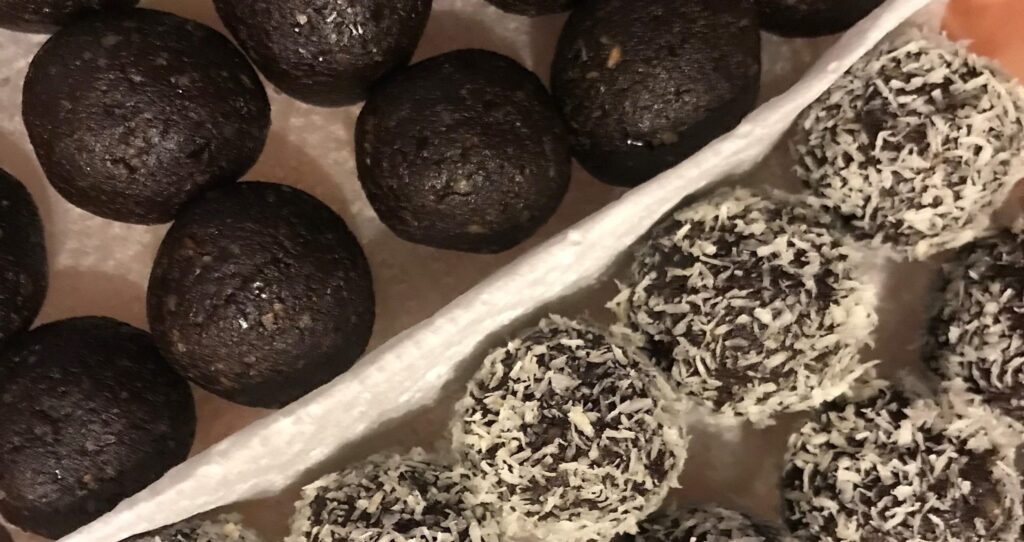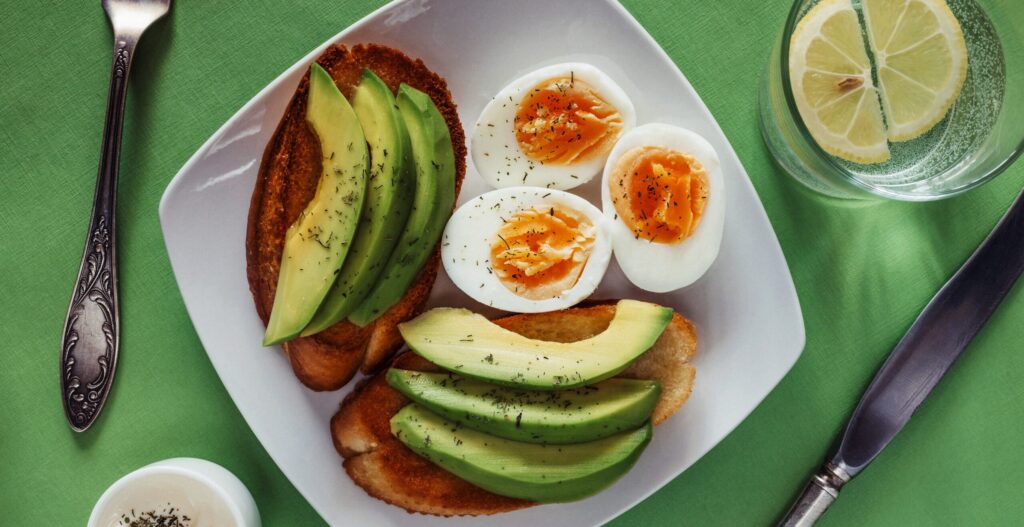It’s no secret that herbal tea has long been regarded as a healing beverage – but what can it really do for you? Whether you have a pantry full of those colorful little teabag pouches or you just haven’t been interested in sipping on leaf-soaked, dirty-looking water, I thought I’d share some of the superpowers behind this popular drink. Confession: I’m an herbal tea convert who took some time to come around but am so glad I did!
Let’s take a look at just 6 amazing benefits of herbal teas. There are lots more, but I’m hoping at least one of these might resonate with you:
- Digestive Health: This is one of my very favorite benefits because it often can be felt in the moment, as opposed to some of other benefits that fly under the radar a bit or have a more long-term trajectory. Peppermint tea is hands down the powerhouse in this area. I often enjoy a cup of it in the afternoon shortly after lunch to help my body digest my food and avoid feeling bloated or any other unsavory effects. The bonus is peppermint is refreshing and invigorating, so it also helps keep my energy up and mind focused.
- Brain Stimulation: Speaking of a focused mind, next time you’re feeling a little foggy or unfocused, rather than reaching for another cup of coffee or sugary snack, try teatime instead. Herbal teas can help send blood to your brain, helping it function at optimal capacity. A great example of this is cinnamon tea. While technically a spice rather than an herb (but who’s keeping track? Spices are super healing too!), cinnamon tea can give you that energizing spark to put your brain in high gear.
- Disease Prevention: The use of herbs as medicine dates back for many centuries, long before the “age of pharmaceuticals” in which we now live. Our ancestors experimented with the wide variety of herbs available to them and embraced the wonderful healing bounty provided by Mother Nature. They didn’t have a pill for this and a pill for that, so they relied on these plants with concentrated healthy properties to prevent diseases and live their longest lives possible without synthetic medicines. As these preventive effects have been studied over time, herbs have been associated with helping prevent some of the most common chronic diseases such as diabetes, cancer, heart disease, stroke, arthritis, and more. If you have a family history of a disease that concerns you, one way to reduce your chance of receiving your own diagnosis might be to add some herbal tea to your daily regimen.
- Slower Aging: Many herbs contain a healthy dose of antioxidants, which help ward off the free radicals all around us that contribute to the signs of aging that have helped build the multi-bazillion-dollar anti-aging beauty industry. Rather than slathering on expensive creams or hiding under layers of makeup, try adding some hibiscus, spearmint, or elderberry tea to your diet and get ready for compliments on your healthy glow!
- Stronger Immune System: If you feel like you catch every little cold or crud that comes anywhere near you, perhaps some immune-boosting herbal tea will help you steer clear of illness more often. Ginger is the star of the show here. Turmeric and dandelion also dazzle the stage due to their anti-inflammatory properties.
- Lower Blood Pressure: Finding ways to reduce your stress or anxiety and lower an elevated blood pressure is critical for reducing your risk for stroke or heart attack and living an overall happy, healthy life. Chamomile, lavender, hibiscus, and rose teas are all known for being helpful in this way. If you find yourself in need of some stress reduction or calming, especially around bedtime, sipping on one of these tea varieties after dinner might help you slip into a more relaxing sleep.
It’s important to note that not all herbal teas carry the same health benefits, and some could exacerbate certain conditions. So be sure to do your research to figure out exactly which herbal teas will be most beneficial to you and consult with your healthcare practitioner or knowledgeable herbalist if you have any questions or concerns.
If, like me, you can’t bring yourself to sip on a hot cup of tea on a steamy day (9+ months out of the year in my neck of the woods), try it iced instead! I simply steep my teabag in hot water for about 5 minutes, then pour it over a glass full of ice cubes. It even makes some tea varieties taste a bit sweeter or more “treat-like.” Iced peppermint tea – yum!
If you struggle to acquire a taste for tea in its pure, unsweetened form, you can ease yourself in with a little help – just beware of negating your healthy efforts by turning your tea into something resembling dessert. While adding a hint of natural sweetener, such as a drop or two of honey, isn’t a terrible thing, be sure not to sabotage your health with spoonfuls of sugar or nasty artificial sweeteners. Experiment with different herbal blends to find those that suit both your palate and your healthy goals.
As you try different varieties or blends, read the contents closely to ensure you’re avoiding any hidden caffeine. For example, if a blend contains any black, green, or white tea, it also contains caffeine. Look for the “caffeine-free” note on the package to be sure.
Finally, if you’re lucky enough to get a little uplifting message attached to your tea bag string, or “teabag wisdom” as I like to call it, be sure to savor it along with your first few sips. The message on my mid-morning tea today was “Appreciate yourself and honor your soul.” Ah yes. Why thank you for that beautiful reminder, wise little tea bag.
What are some of your favorite herbal teas and the benefits you enjoy from them?
No spam here! Just occasional healthy tips to educate, motivate, and inspire you!




